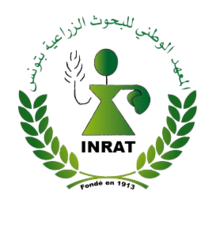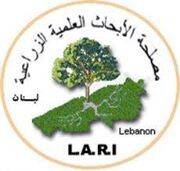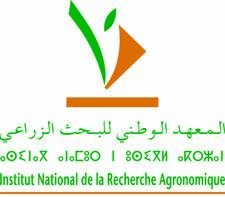


In the last few decades, dietary habits of low- and middle-income countries have shifted away from local, traditional foods and towards an increasing consumption of fast foods rich in sugar and fat and low in essential nutrients. This is creating an increasing occurrence of non-communicable diseases such as diabetes and cardiovascular disease in these countries. The promotion of healthier diets such as the Mediterranean Diet, which includes the consumption of traditional foods like whole grains, has been identified as a potential solution.
MEDWHEALTH proposes to develop durum wheat-derived products typical of the Mediterranean Diet with improved nutritional value.
For more information please visit full project website
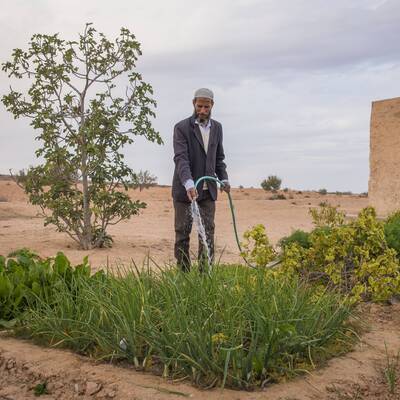
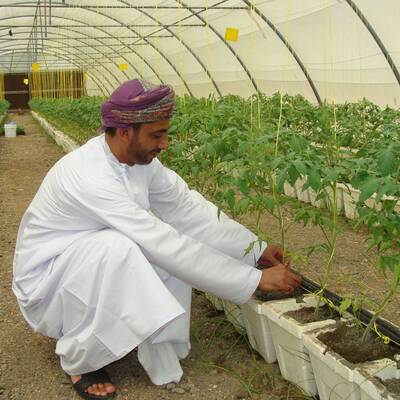
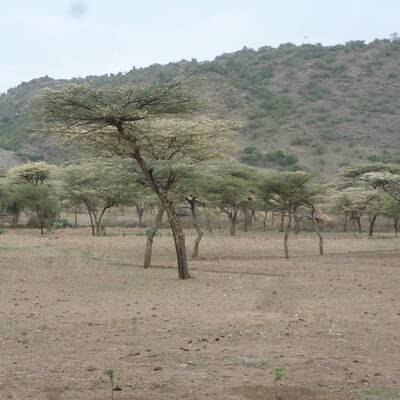
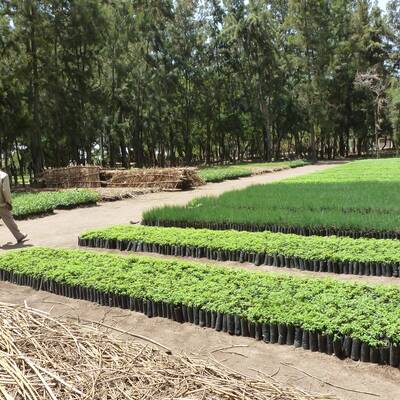
To respect the cultural identity and local biodiversity of the countries involved, MEDWHEALTH will develop products typical of each country: pasta, taralli, frise, durum wheat bread for Italy; bulgur and flat breads for Turkey; couscous for Morocco, Tunisia and Algeria; and freekeh for Lebanon. MEDWHEALTH will evaluate the protective actions of a diet based on the consumption of durum wheat-based foods improved in fiber content and protective bioactive compounds - such as micronutrients and health-promoting phytochemicals - on chronic metabolic and inflammatory diseases.
This research line is designed to develop novel durum-based foods traditional of the Mediterranean area by using innovative wheat materials and processes: high amylose durum wheat to improve fiber content, antioxidant and anti-inflammatory properties; soft durum wheat to improve sustainability, nutritional and technological quality; and meal flours from other cereals and legumes to improve mineral content, protein content and composition. With a view to preserving traditions, female cooperatives of different countries will be engaged to realize local food products using raw materials proposed in the project.
Information and data gathered from fields, laboratories, sensorial analyses, and piloting processing plants will be used to assess the production costs and environmental impact of new products. These estimates will be used to evaluate the potential development of a new value chain based on re- formulated products against the conventional durum wheat-based products, focusing on the gains that downstream value chain actors can achieve.
UPDATES
In 2022, a movie showcasing our gender research was released: Harnessing the power of collective documented activities conducted under the PRIMA MEDWEALTH project with women cooperatives, related to leadership training, certification, and improving market access.


